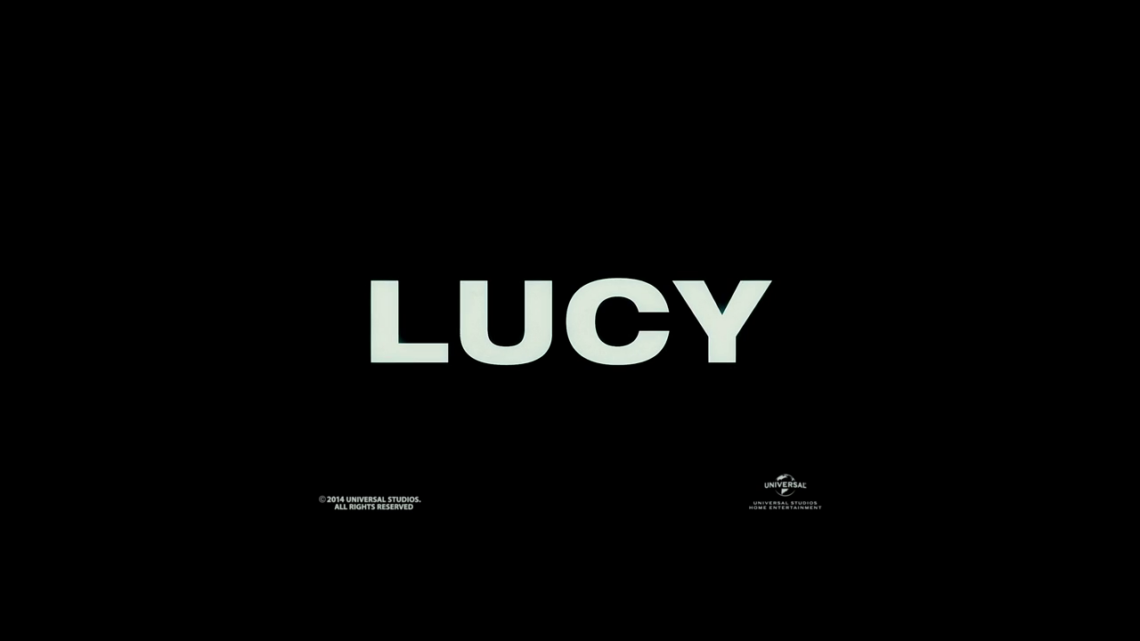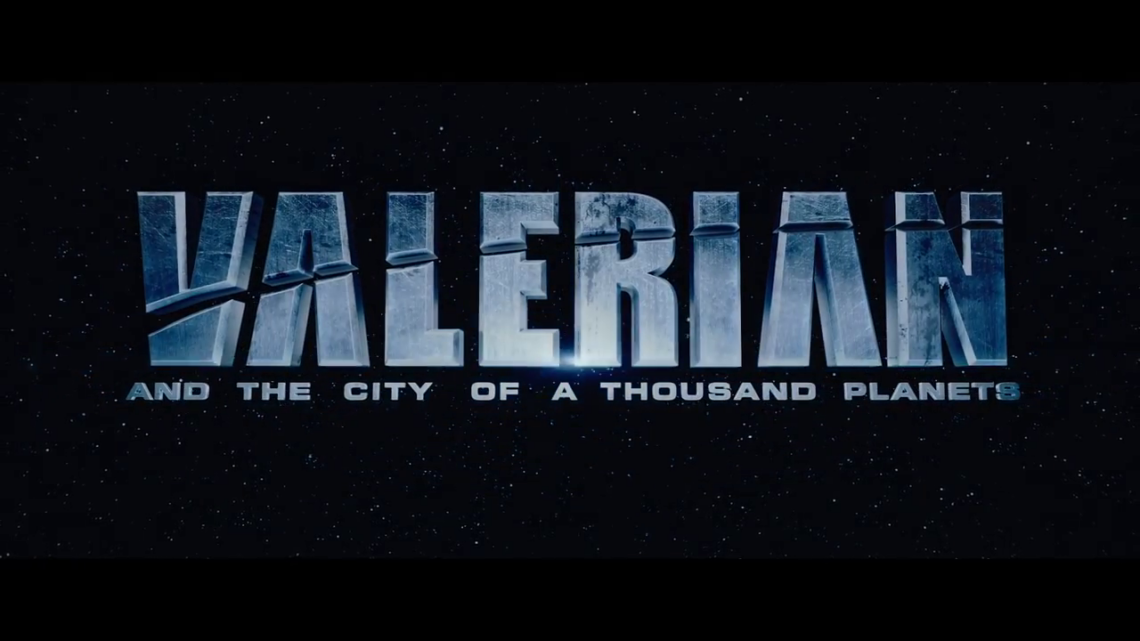-
#627 – Lucy (2013)
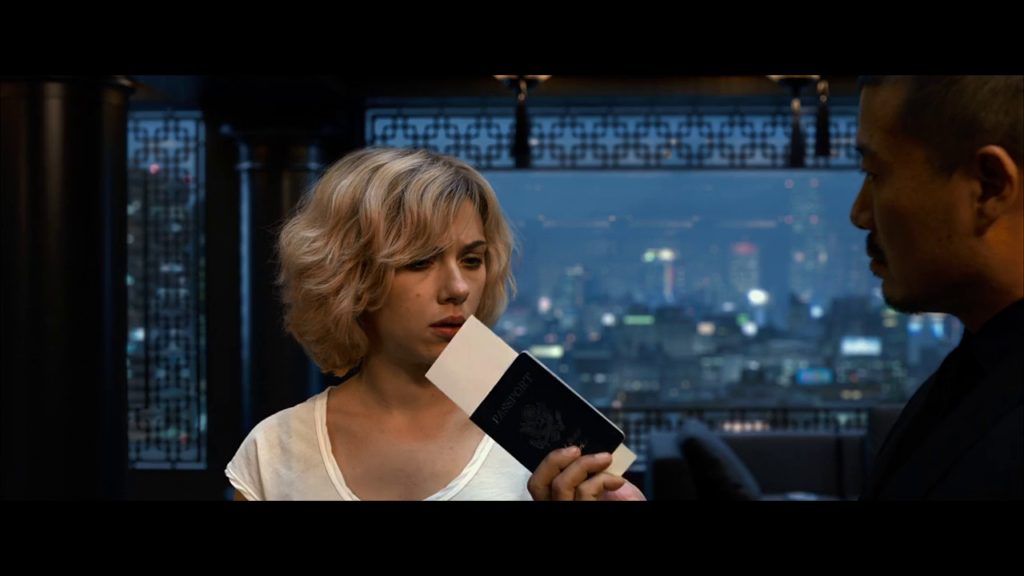

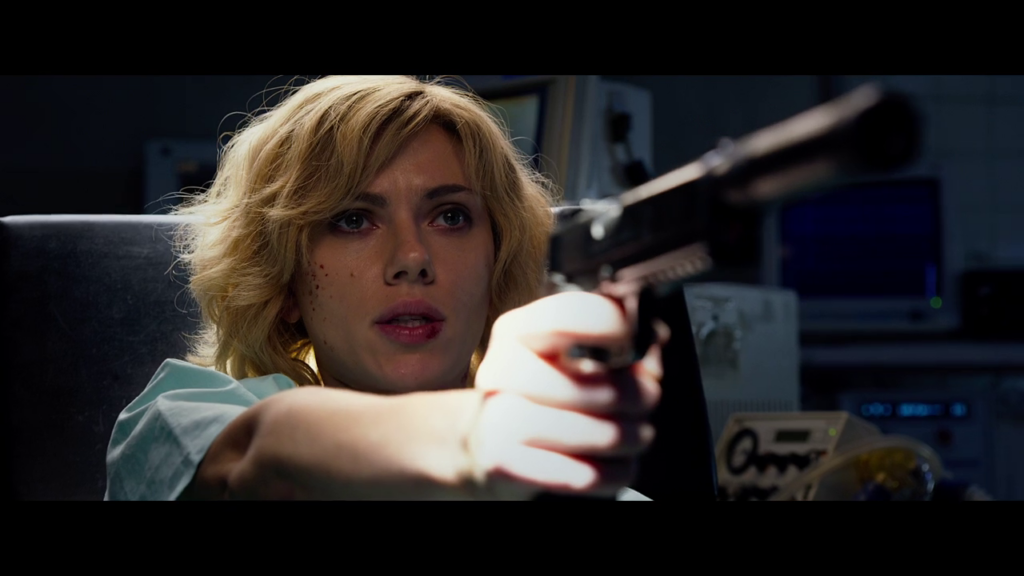
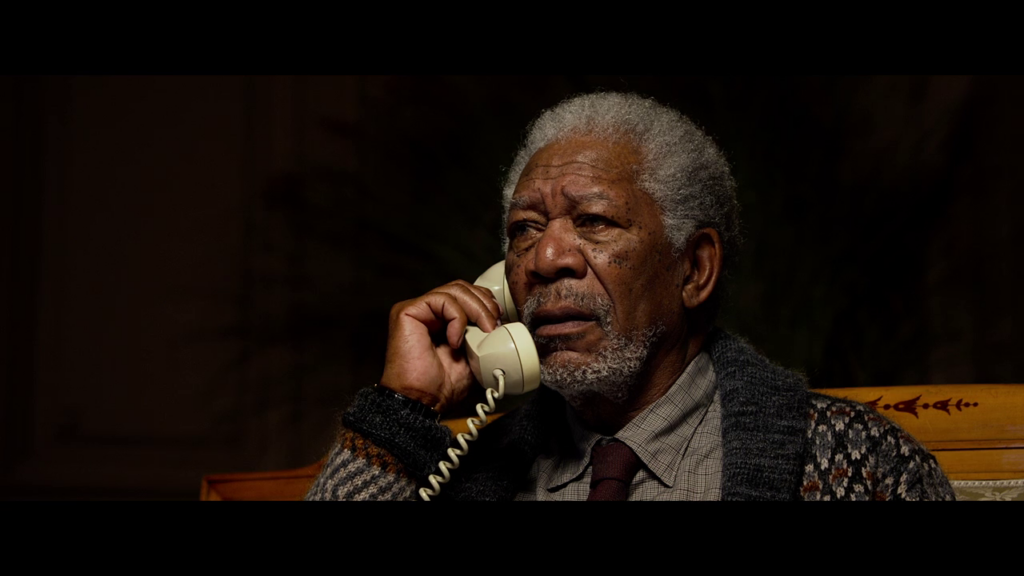
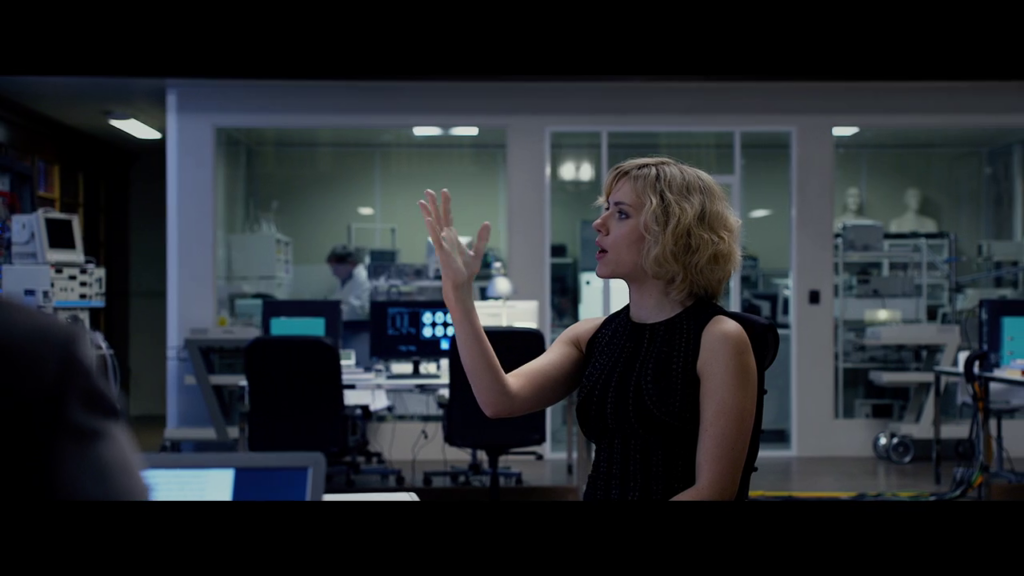
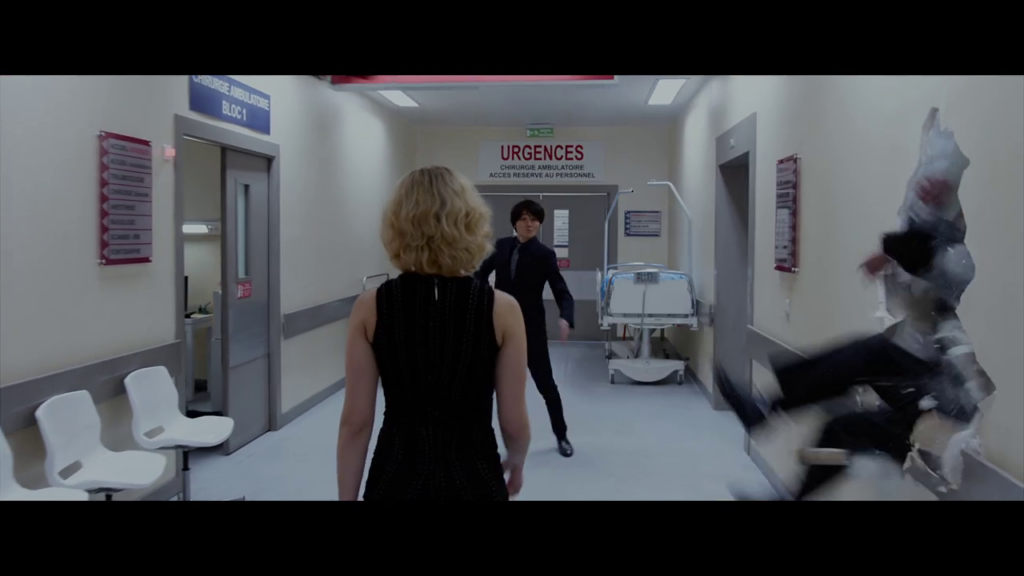
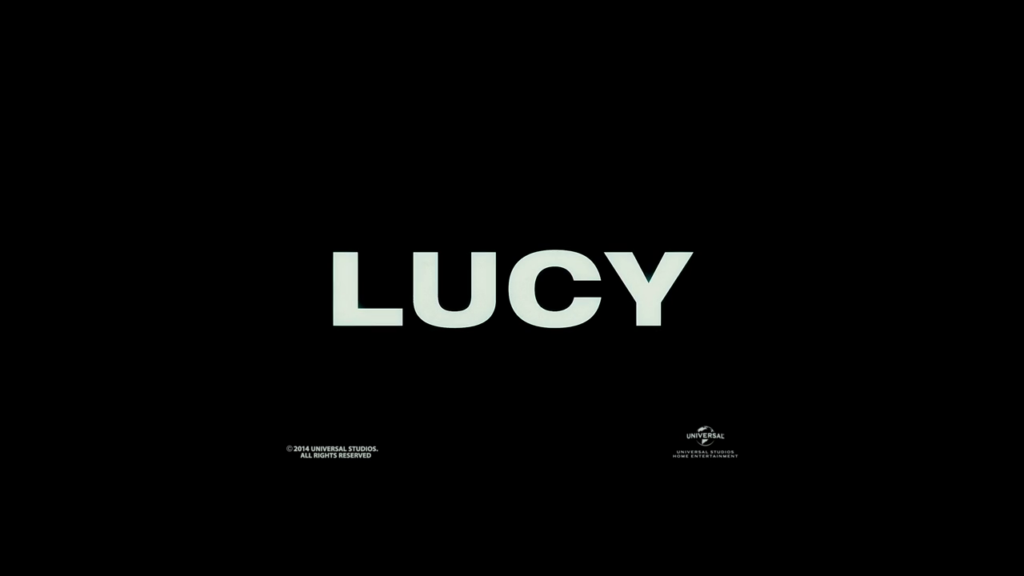

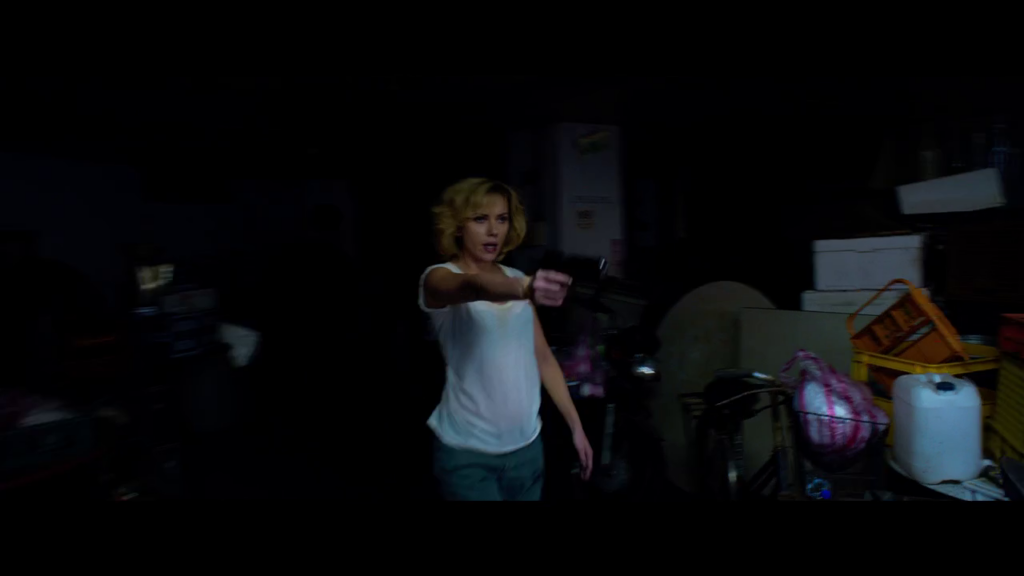
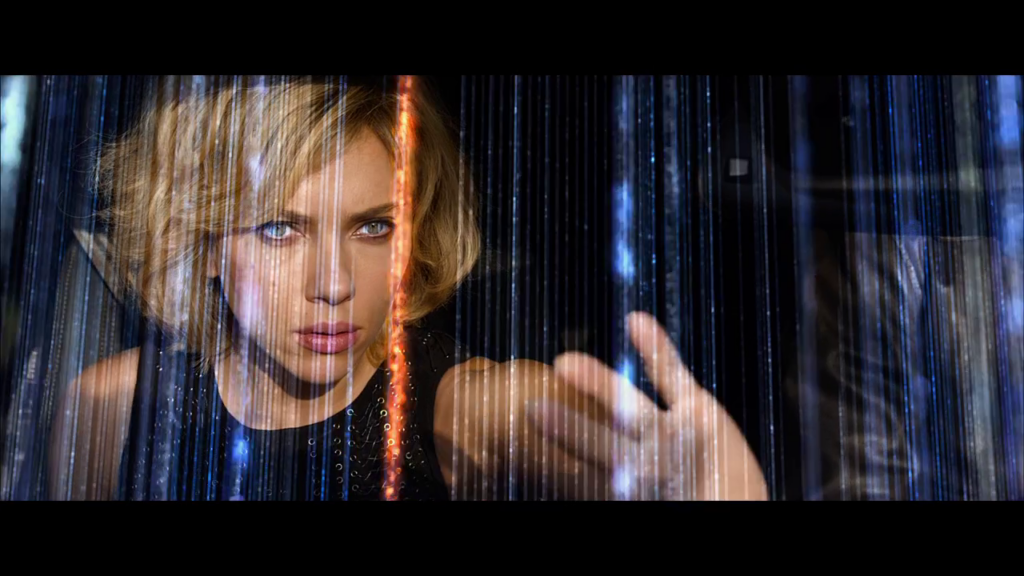
Lucy (2013)
Film review #627
Director: Luc Besson
SYNOPSIS: A young woman is tricked into delivering drugs for a organised crime ring. She has the drugs planted in her intestines to smuggle through the airport, but when the bag starts leaking, her body absorbs the experimental substance, giving her superhuman abilities. As her powers increase and her grip on reality fading, she reaches out to a Professor in the hopes of passing on her experiences before she transcends to whatever happens next…
THOUGHTS/ANALYSIS: Lucy is a 2013 sci-fi film. Lucy is given a briefcase full of experimental drugs to give to a Korean crime syndicate. Things quickly escalate as she is roped into smuggling a packet of drugs to Europe inside her intestines. When the package inside her starts leaking, her body starts absorbing the drugs, unlocking more of her brain power and slowly transcending human existence. She enlists the help of a university Professor to help her pass on her experiences before she unlocks one hundred percent of her brain and transcends her very existence. Blending action, philosophy, and a sprinkle of humour, Lucy achieves a finely balanced weave that viewers can ride on from beginning to end. I enjoyed this film for mainly two reasons: the aforementioned balancing of action, philosophy, suspense, humour and more that allows the film to hit the ground running and never stop. The second is that it’s short: clocking in at just over one and a half hours (about one hour and twenty four minutes excluding the credits), it does what it needs to do and is over. The film covers the philosophical ground of what it means to be human, but doesn’t have the big scenes of silence like 2001 or something similar to give us the space to reflect that. That’s not a bad thing though, it just offers us a different way of doing this kind of speculation.
The film revolves around the popular misconception that humans use only use ten percent of our brains, and speculates what would happen is we started to use more: as Lucy unlocks more of her brain power, she is able to control more and more things around her, including her appearance, matter, and so on. The film has a clear start and end point, and moves along fairly evenly, while still keeping things exciting. The action scenes are well choreographed, and while the premise of the film is based on the aforementioned urban myth about the use of the human brain, it still evokes enough wonder and speculation about what makes us human and purpose to sow the necessary philosophical seeds. The film bears the fingerprints of it’s director Luc Besson (The Fifth Element, Valerian and the City of A Thousand Planets), with colour, energy, and purpose in all the scenes, and Scarlett Johannsen portrays Lucy as both a human figure, who is slowly becoming something else entirely well. The more you think about the scie3ne behind the film, the less it really makes sense, but the philosophical ground is fairly sound. Lucy is a film that never overstays its welcome: it’s careful balancing of action, speculation, and humour does everything it needs to do with a sense of style, and makes it an entertaining ride from start to finish. Just a damn good ride really.
-
#621 – Valerian and the City of a Thousand Planets (2017)
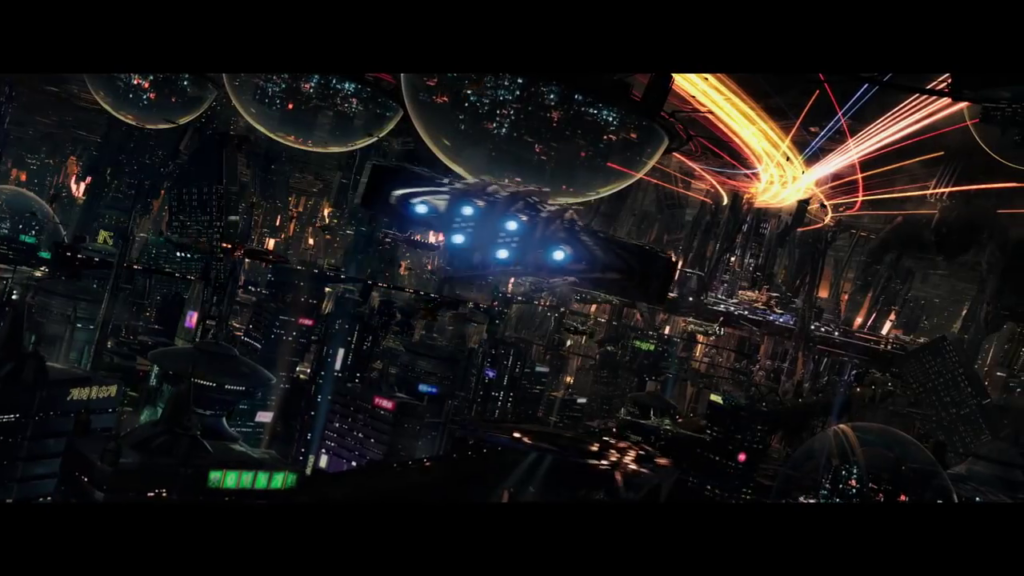
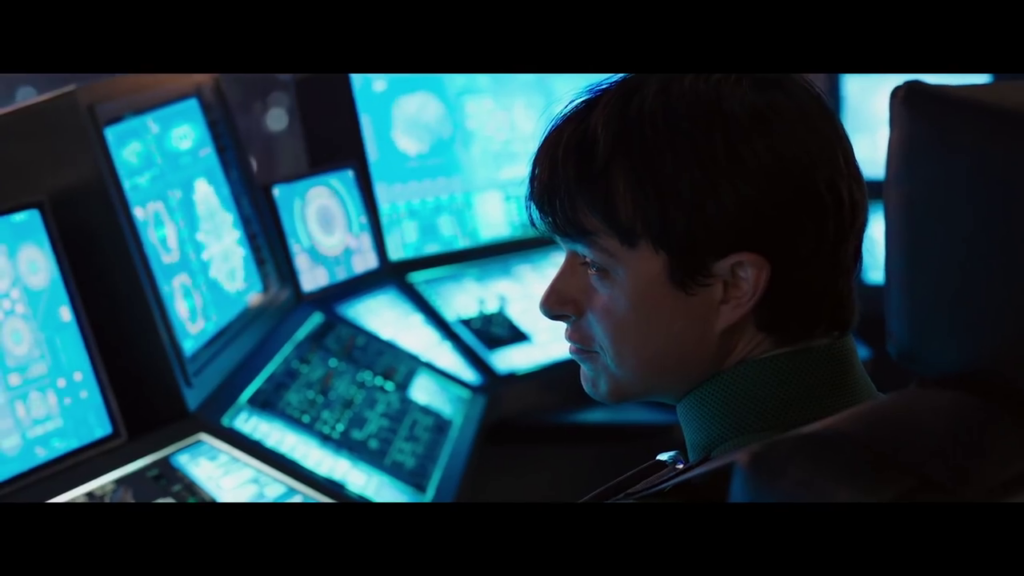
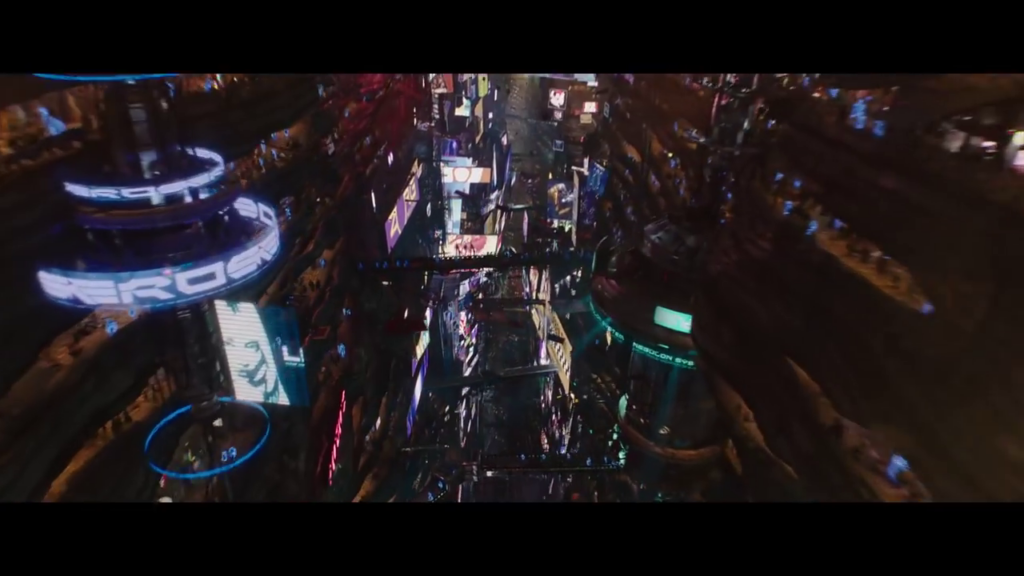
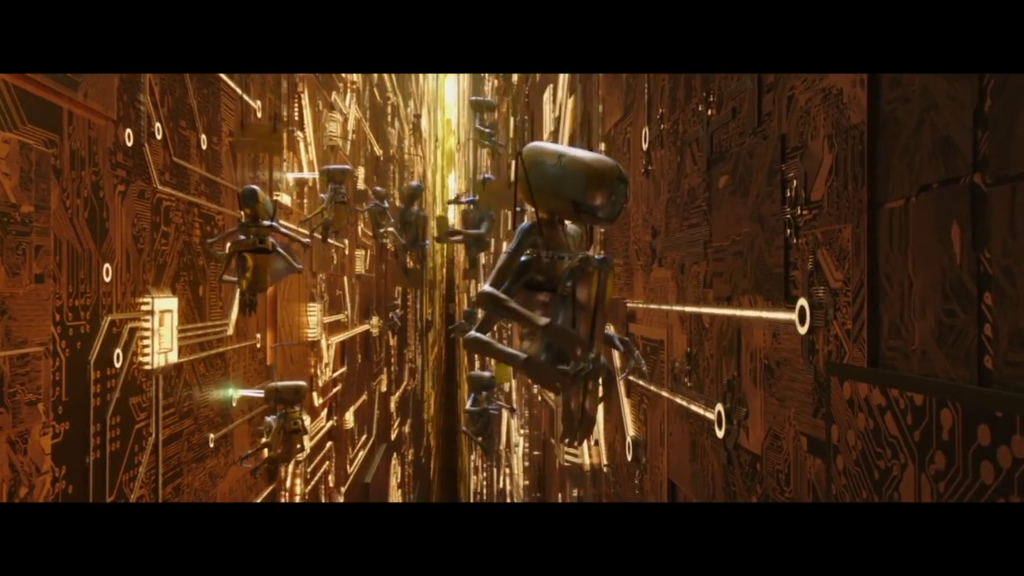
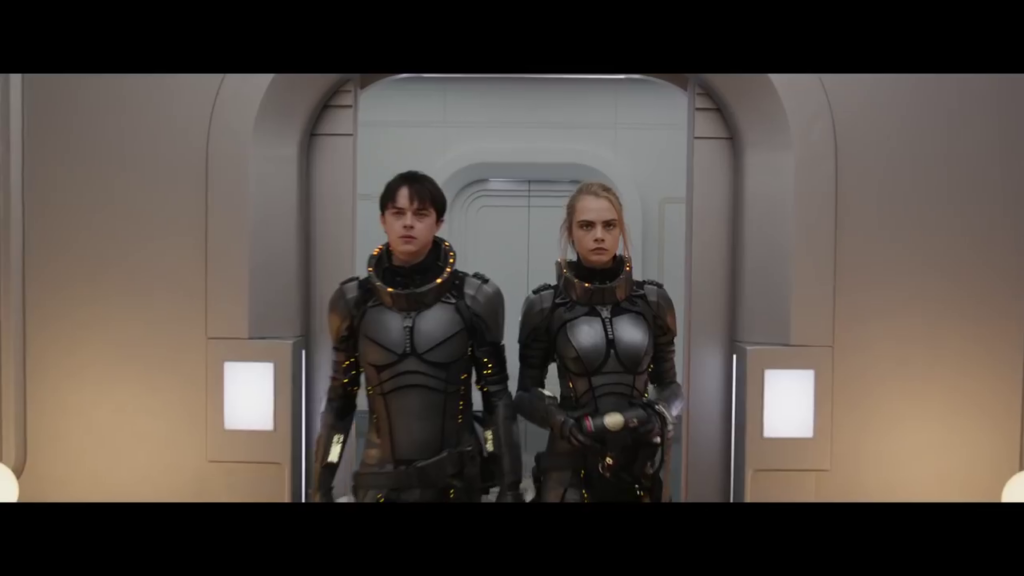
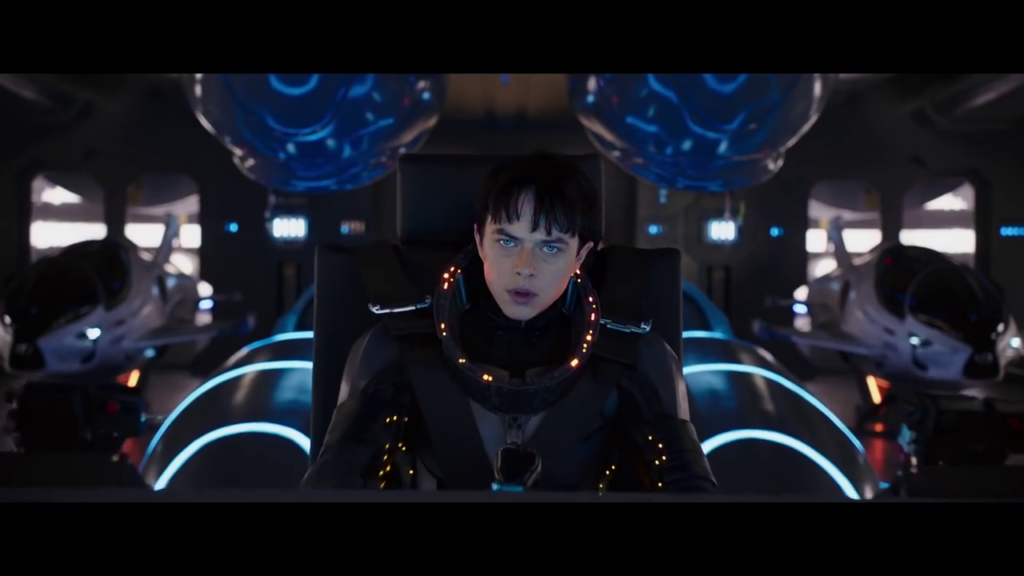
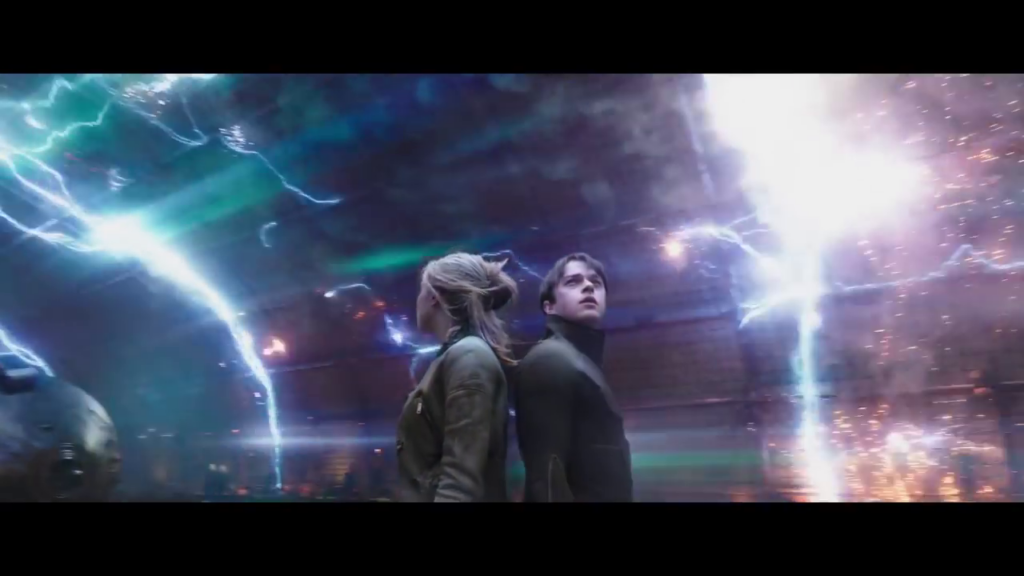
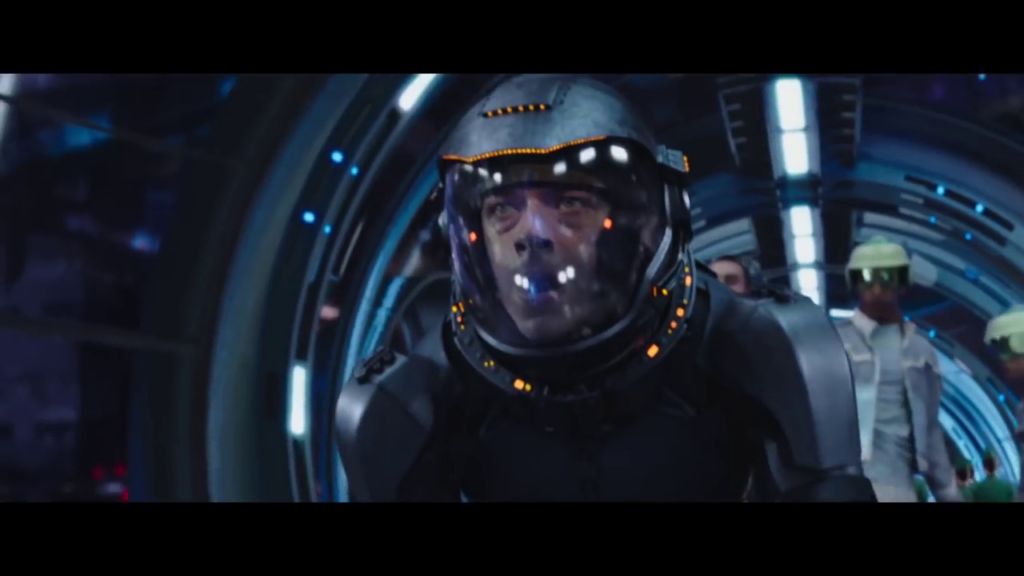
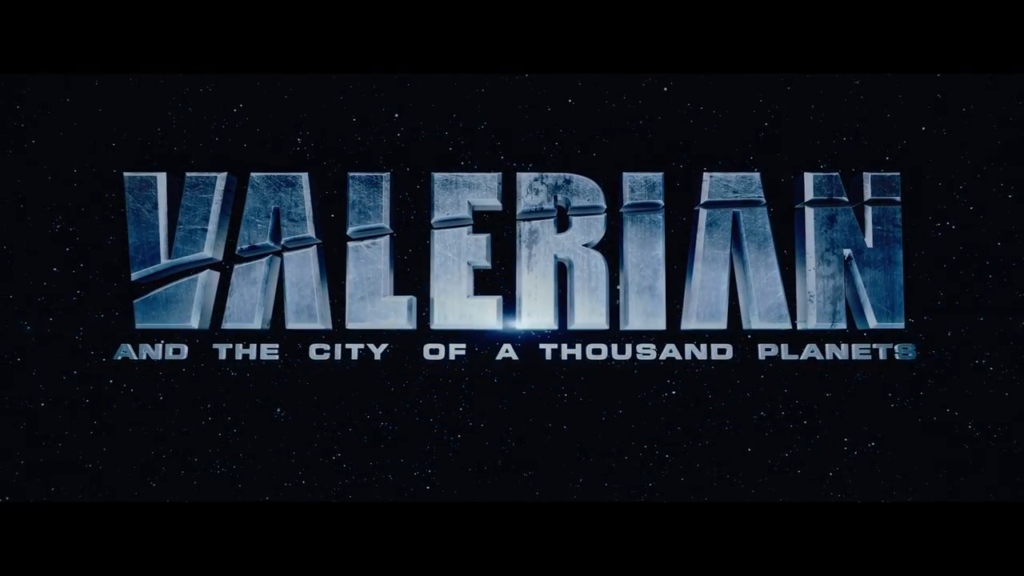
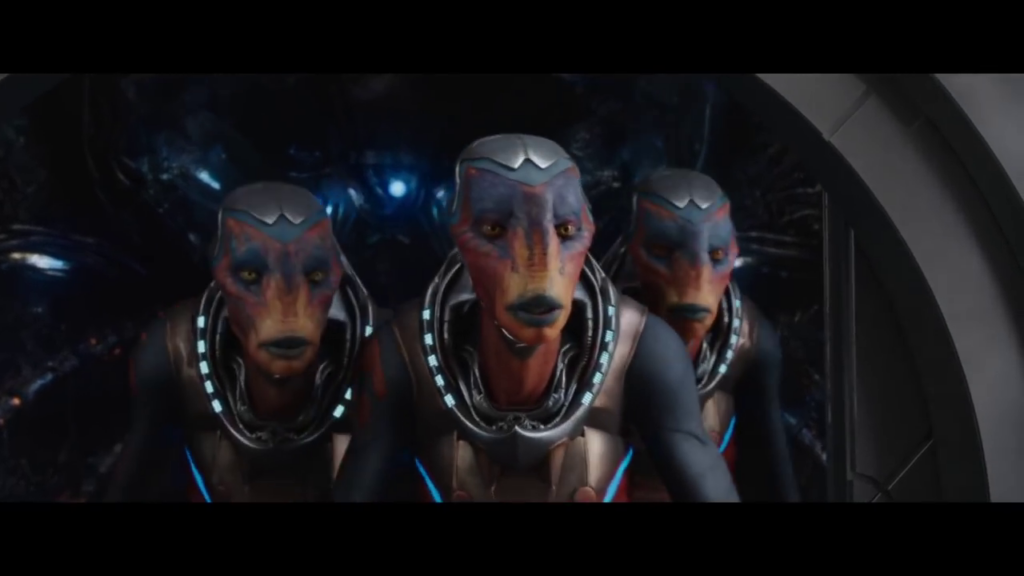
Valerian and the City of a Thousand Planets (2017)
Film review #621
Director: Luc Besson
SYNOPSIS: Alpha is a vast artificial city in space that houses over a thousand different species from across the galaxy. When a mysterious radiation threatens the city, military operatives Major Valerian and Sergeant Laureline are tasked with saving the city, and in doing so, uncover a dark secret that someone is trying to keep buried…
THOUGHTS/ANALYSIS: Valerian and the City of a Thousand Planets is a 2017 film based on the graphic novels of the same name. Humans built a city in space named Alpha, which gradually became home to many different species of aliens as well, and when it became too large, a plan was made to launch it from the Earth’s orbit into space. Some centuries later, the city is home to over a thousand species. Two members of the human military, Valerian and Laureline, are assigned a top secret mission to find out the cause of a radiation leak at the heart of the station that will overwhelm the station in a month unless they can stop it. Directed by Luc Besson (The Fifth Element), the film clearly owes its greenlighting thanks to the success of James Cameron’s Avatar in the sense of having CG non-humanoid aliens being a focus of the film. This is particularly prevalent in the opening scene, which focuses on a race of blue aliens clearly reminiscent of the Na’Vi. This really is a film of two halves: in the first half, we get introduced to the city of Alpha and all of it’s inhabitants, and we get a look at all the creative designs for the different species that reside in the city. We are also introduced to our main characters Valerian and Laureline, two soldiers in the human army, and a story that isn’t too original, but has enough urgency and energy to get things moving. The second half of the film in terms of story really starts to flag, as it resorts to more typical scenarios that don’t offer quite as much excitement. It’s still reasonably entertaining, but you can tell it is playing it safe by falling into using typical tropes. Even with the success of Avatar, perhaps the mainstream filmgoer wasn’t ready for something too alien.
One of the main threads of the film is the relationship between Valerian and Laureline, and the latter’s reluctance to accept the former’s advances. You know that she’ll eventually give in, and the film offers no surprises in that regard, but the journey getting there isn’t told as well as it could be: Laureline says Valerian needs to “grow up” and understand “what love is,” but it never feels like he makes that growth as a character, and she just…accepts him. Despite the strength of her character, she does fall into the role of getting kidnapped for a chunk of the film, and although it does try to not paint her as a damsel in distress, ultimately, that’s evidently what the film does. Dane DeHaan’s performance as Valerian delivers the cheeky rogue-ish elements of his character, but lacks the emotional depth and growth in his performance to underpin the main character’s relationships, as it doesn’t feel like he achieves the growth the film tries to portray he has. The rest of the supporting cast are fine, and don’t really stand out too much. Rihanna as “Bubbles,” a shapeshifting alien, is of note just because of how shoe-horned into the film it feels like it is. The film literally stops while she does a two minute-dance number, and she just shares the screen time until Laureline is rescued and she dies, being never mentioned again. It’s…a cameo that wasn’t necessary but someone obviously wanted in there.
In terms of effects and CG, it’s certainly impressive in terms of scale and creativity. Over two hundred species were designed and feature in the film in some way, and while we don’t get much depth into most of these aliens, we certainly get a more interesting variety than we do in Avatar. The action scenes are fast, colourful, and showcase more of the alien designs, but I can’t help but feel like this diversity could have been weaved more into the story somehow, as despite all of these alien species, the film focuses a lot on human affairs and leaves the aliens in the background. Overall, Valerian and the City of A Thousand Planets looks good, showcases a lot of creativity, and is fast-paced and entertaining, but equally is hampered by a fairly flat script full of unoriginal plot points, and a lead performance that doesn’t hit the notes it needs to. Fairly balanced between its positive and negatives, but entertaining enough to sit through despite its flaws.
